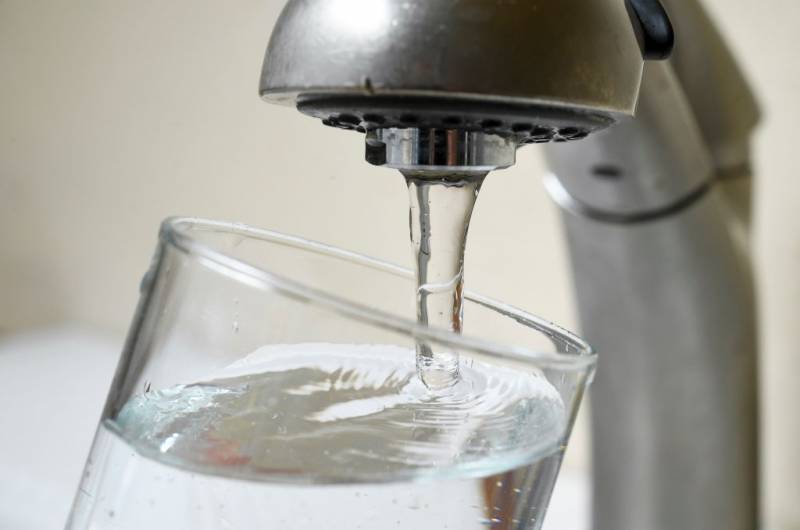The water that comes out of the tap for more than 900,000 Californians is unsafe to drink and the state isn't acting fast enough to help clean it up, state auditors said in a report released Tuesday.
Thousands of water systems supply the state's nearly 39 million people, and about 5% of them contain some type of contaminant, like nitrates or arsenic, according to the audit. That means people can't safely drink the water or use it to cook or bathe. Most of the 370 failing systems are in economically disadvantaged communities, many in the Central Valley, the state's agricultural heartland.
The State Water Resources Control Board has provided at least $1.7 billion in grants since 2016 for design and construction to improve water systems. That could include building new treatment plants, consolidating water systems or other actions designed to improve water quality.
But it took the board 33 months on average in 2021 for water system operators to complete the application process and receive money, the audit found — nearly double the time it took in 2017. The audit found that a lack of clear metrics and poor communication created confusion for water districts seeking help and slowed down the award process.
“The longer the board takes to fund projects, the more expensive those projects become. More importantly, delays increase the likelihood of negative health outcomes for Californians served by the failing water systems,” Acting State Auditor Michael Tilden wrote in a letter to the Legislature.

